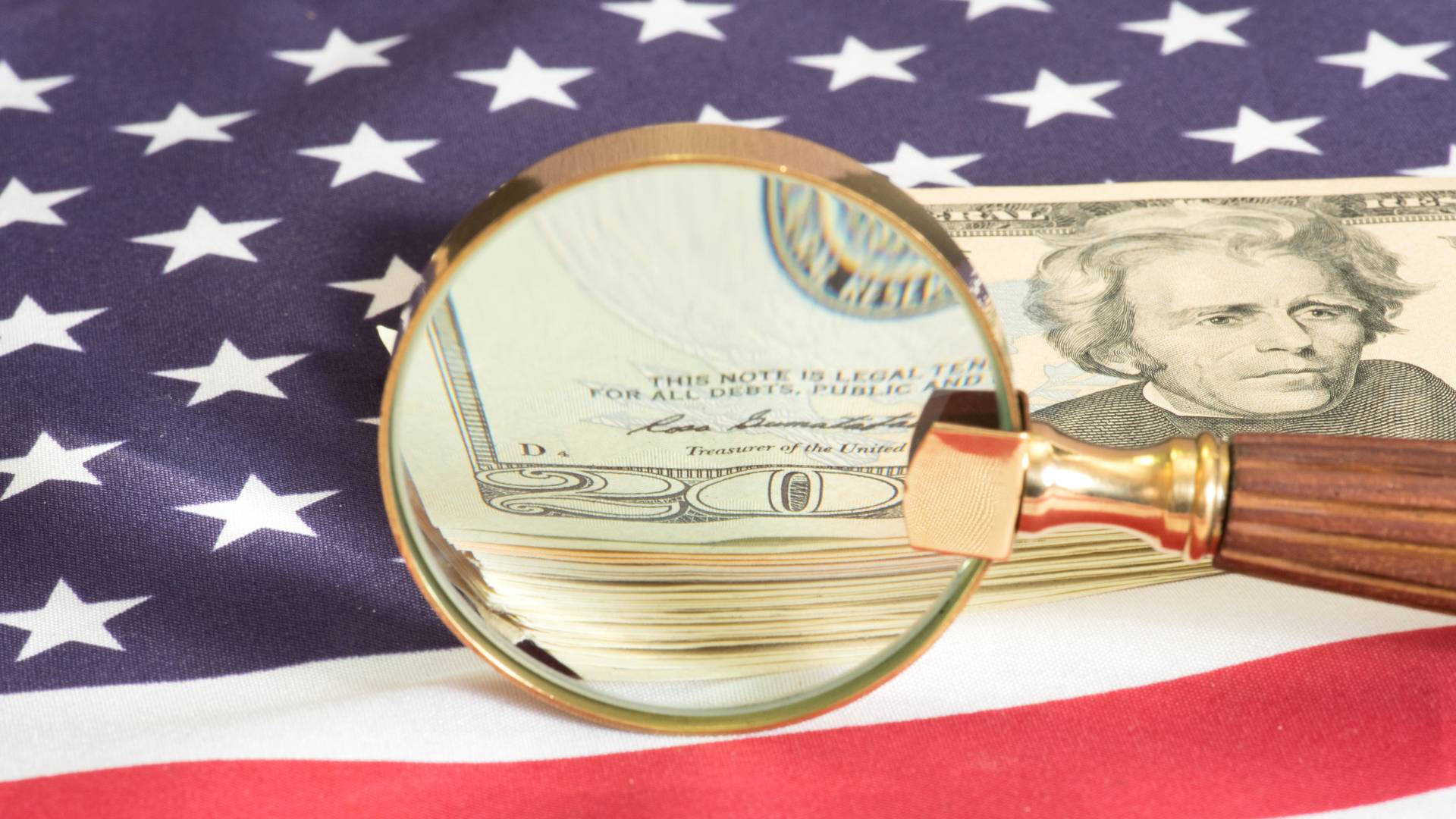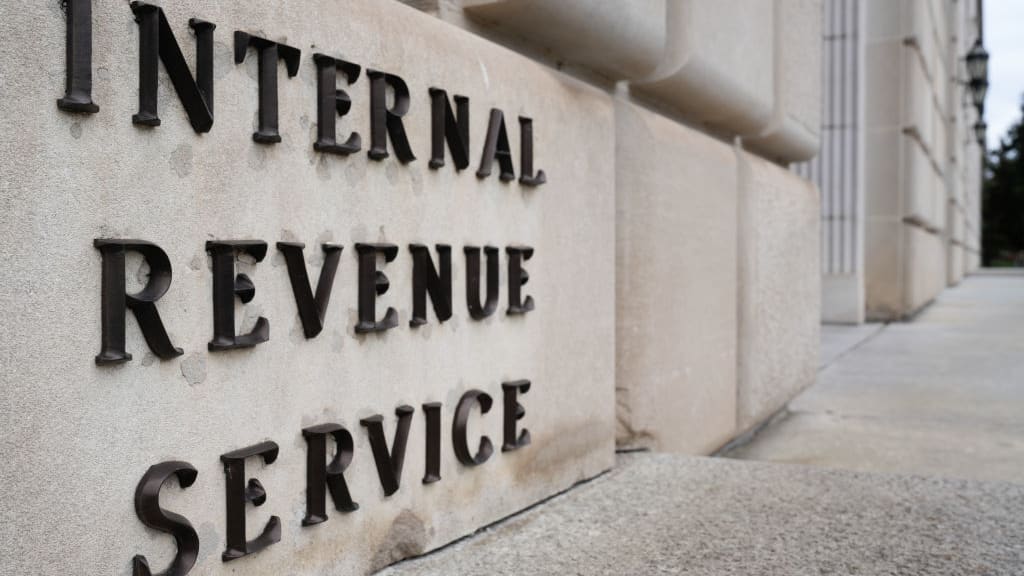The head of the Internal Revenue Service (IRS) has revealed that millionaires and billionaires are avoiding more than $150 billion annually in taxes, exacerbating growing government deficits and creating a “lack of fairness” in the tax system.
With new funding from Congress, the IRS has launched an extensive crackdown on wealthy individuals, partnerships, and large corporations.
In an exclusive interview, IRS Commissioner Danny Werfel discussed the agency’s initiatives aimed at addressing tax evasion and ensuring all taxpayers contribute their fair share.
Werfel highlighted that the “tax gap”—the difference between taxes owed and taxes paid—includes approximately $150 billion from millionaires and billionaires who either fail to file or underreport their income. “There is plenty of work to be done,” Werfel stated.
He explained that years of insufficient funding had left the IRS with inadequate staff, technology, and resources needed for audits, particularly those involving complex returns.
Over the past decade, audits of high-income earners, those making over $1 million annually, have decreased by more than 80%, even as the number of such taxpayers increased by 50%, according to IRS data.
“To ensure fairness, we have to make investments to ensure that whether you’re a complicated filer who can afford a team of lawyers and accountants, or a simpler filer with a single income and standard deduction, the IRS is equally capable of determining what’s owed,” Werfel said. “To us, that’s a fairer system.”
Some Congressional Republicans have criticized the IRS’s expanded enforcement, arguing that it will impose unnecessary bureaucracy on small businesses and result in ineffective investigations.

They have also pushed for further cuts to the IRS’s budget, following an agreement to retract $20 billion from the $80 billion allocated by the Inflation Reduction Act.
The Treasury Department has estimated that enhanced IRS enforcement will generate an additional $561 billion in tax revenue from 2024 to 2034, surpassing earlier projections. The IRS claims that for every additional dollar spent on enforcement, approximately $6 in revenue is raised.
The IRS has reported early successes with a new initiative targeting unpaid taxes from millionaires. The agency identified 1,600 millionaires who have failed to pay at least $250,000 each in taxes, collecting over $480 million so far, with efforts ongoing, according to Werfel.
Recently, the IRS introduced a program to audit private jet owners who may be using their planes for personal travel without properly accounting for trips or taxes.
Werfel noted that the agency is leveraging public flight databases and analytics tools to identify high-risk tax returns and is launching numerous audits of companies and partnerships that own jets, potentially leading to audits of wealthy individuals.
Additionally, the IRS is focusing on limited partnerships, where many wealthy individuals have been accused of shifting income to avoid taxes.
The agency has initiated the Large Partnership Compliance program to scrutinize some of the largest and most complex partnership returns, including those from hedge funds, real estate investment partnerships, and major law firms.
Werfel also mentioned the use of artificial intelligence to enhance the effectiveness of these audits. AI helps the IRS pinpoint returns with a high likelihood of evasion or errors, reducing unnecessary audits of compliant taxpayers.
“AI allows us to be more precise in identifying high-risk areas and low-risk areas,” he said, “benefiting everyone.”







Leave a Reply